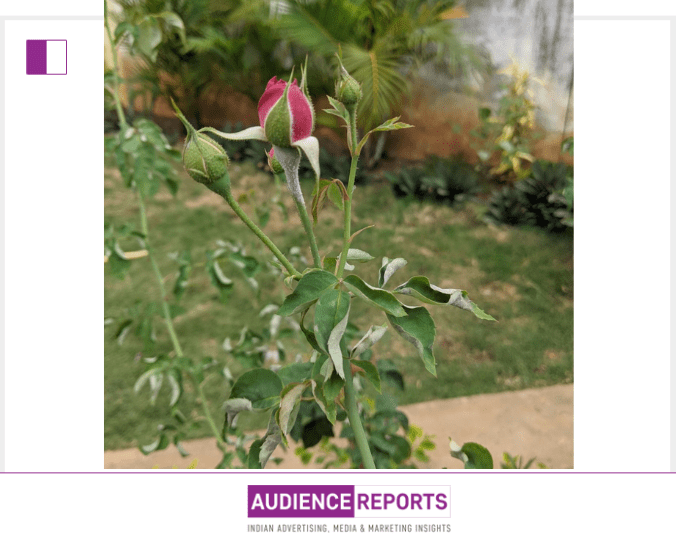Pawan Keswani, HR-Business Partnering professional, shares profound leadership lessons gleaned from his personal experience cultivating a vibrant rose garden. His recent LinkedIn post draws captivating parallels between the stages of rose development and the nuances of leadership, offering insights that resonate beyond the realms of gardening.
Reflecting on his journey with roses, Pawan Keswani begins by likening the budding stage to emerging leaders within organizations. “Just as buds hold the promise of blooming into beautiful roses,” he notes, “emerging leaders require deliberate nurturing and guidance.” His analogy underscores the critical role of mentors and supportive environments in fostering the potential of nascent leaders, much like a gardener provides essential care to young buds to ensure they blossom at the right time.
Moving to fully blossomed flowers, Pawan Keswani celebrates their beauty and allure as symbolic of established leaders who have flourished in their roles. “These leaders,” he asserts, “serve as beacons of inspiration, commanding attention and admiration.” By highlighting the impact of seasoned leaders as role models, he emphasizes their ability to inspire growth and excellence among their teams, akin to fully blossomed roses inspiring others to thrive.
The presence of semi-blossomed flowers alongside buds on the same branch illustrates leaders in progress and their immediate teams. Pawan Keswani draws attention to the importance of fostering a supportive leadership environment where individual growth occurs organically. “Each leader and team member,” he explains, “progresses at their own pace, contributing to a cohesive and nurturing ecosystem.” This approach not only fosters personal and professional development but also ensures sustainable growth within the organization.
Contrasting these stages are withered flowers, representing leaders who have lost their effectiveness over time. Pawan Keswani identifies complacency and resistance to change as common pitfalls that can lead to diminished leadership impact. “These leaders serve as a poignant reminder,” he observes, “of the continuous journey of leadership.” Just as withered flowers require pruning to rejuvenate the garden, organizations must address ineffective leadership to create space for renewed growth and innovation.
In conclusion, Pawan Keswani distills his insights into key leadership principles derived from nurturing a rose garden. “Both gardening and leadership,” he concludes, “require patience, attention to detail, and a commitment to fostering growth.” His reflections offer a holistic view of leadership development, emphasizing the importance of mentorship, adaptability, and continuous learning in cultivating effective leadership.
As Pawan Keswani continues to excel in his role as an HR-Business Partnering professional, his perspectives on leadership resonate deeply. By intertwining the art of gardening with the science of leadership, he not only enriches his own professional journey but also inspires others to embrace leadership as a dynamic process of growth and evolution. His commitment to nurturing talent and fostering a supportive organizational culture underscores his role as a catalyst for positive change within the workplace.
Pawan Keswani’s leadership insights from the rose garden serve as a testament to the transformative power of mindful leadership practices. By embracing these lessons, leaders can cultivate environments where individuals and teams thrive, much like a well-tended garden blossoms with vibrant beauty and vitality.






































